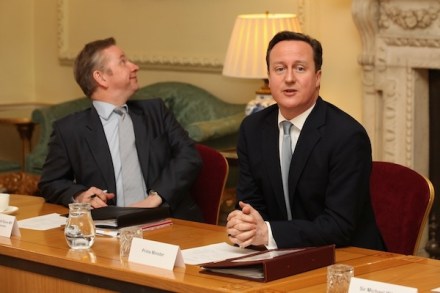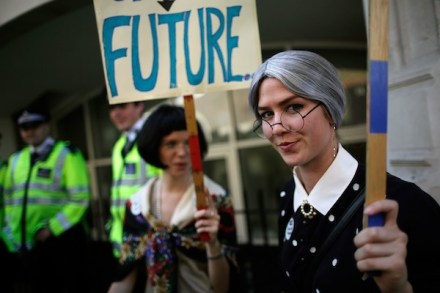The View from 22 – international justice, school sports and unfair GCSE results
Is there a downside to our glowing era of ‘international justice’? In this week’s cover feature, Douglas Murray writes that our carefully designed system can trap criminals, giving them no way out and potentially leading to even more horrific acts. In our View from 22 podcast, Douglas expresses some of his issues with how signatories perceive the International Criminal Court: ‘It is a replacement for being a serious military power, it’s cheaper in the end and gives people this wonderful cloak. Any politician who wraps themselves in the ICC wraps themselves in a wonderful moral aroma that was actually fought for and earned by many hard working people. But it


















